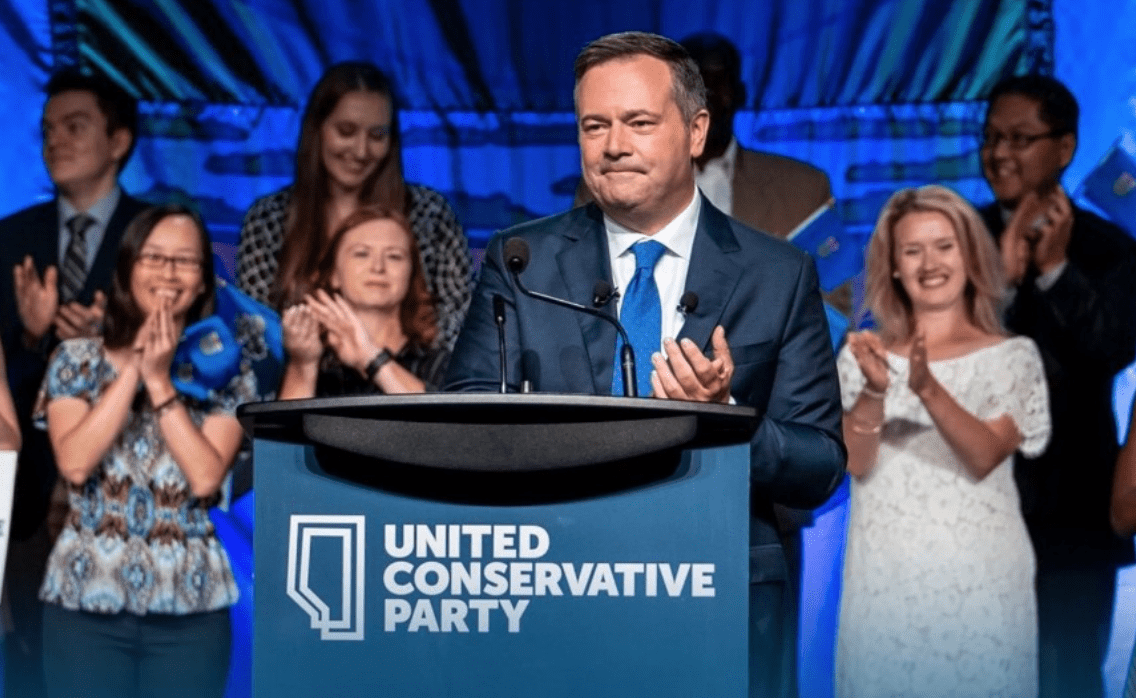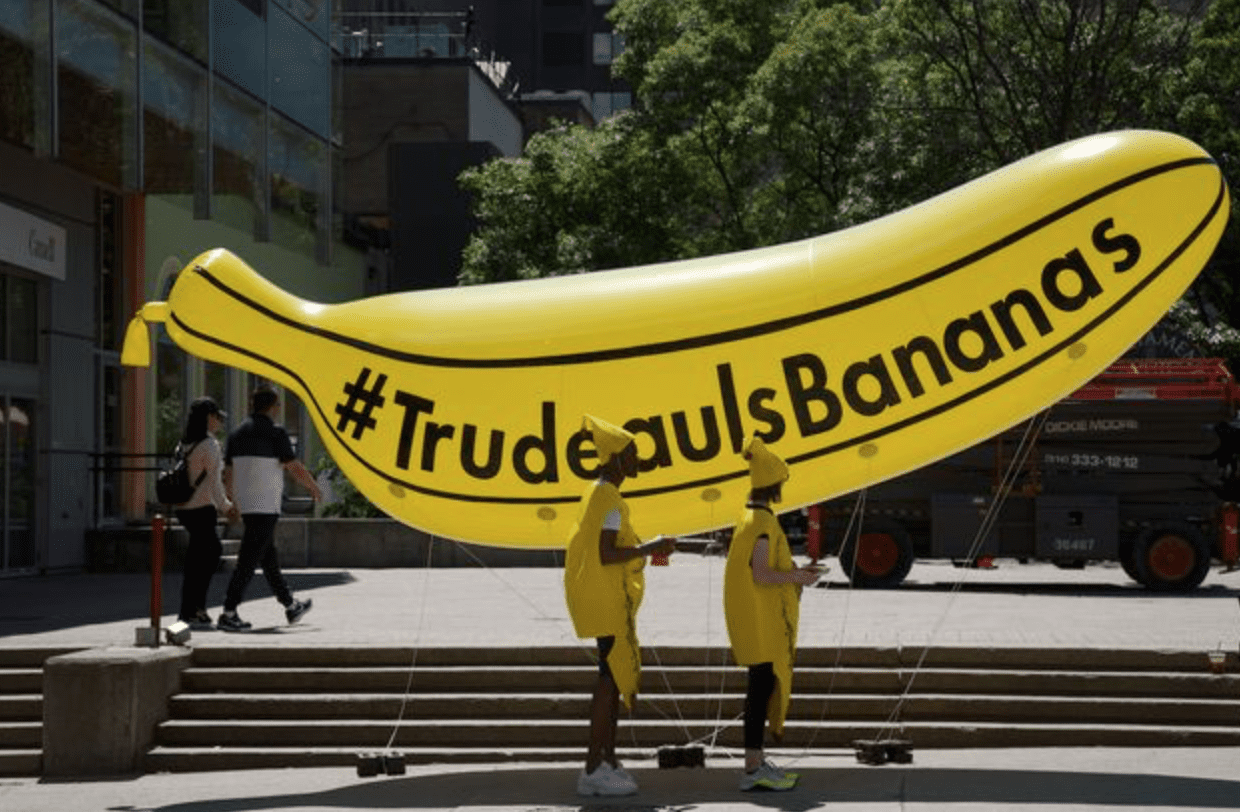Jason Kenney lobbed a political grenade about the threat of Alberta separatism at the beginning of the August long weekend. Then he tweeted happy uplifting messages from Edmonton's Heritage Days and a big powwow celebration for the rest of the holiday.
It was just another week of Kenney's increasing efforts to create turmoil in the federal election campaign, while pretending to focus on the more mundane concerns of his day job as Alberta's premier.
On Saturday Kenney put out a video on Twitter that ended with the declaration: "Rather than focusing on Alberta separating from the Canadian federation, I'd like to focus on separating Justin Trudeau from the Prime Minister's Office."
All pundits seized of course on the "Alberta separating from the Canadian federation," perhaps as Kenney intended.
The idea for this mini social-media address to the province, which looked like it was filmed in the premier's office, was likely spurred by an Abacus Data poll that came out early last week showing 25 per cent of Albertans would vote to leave Confederation.
There's not much context for that sentiment, expressed in the dog days of mid July. Sure there's Alberta alienation out there — lots of oil sector workers going through tough times are chafing over the lack of an export pipeline and recent federal legislation they feel specifically targets the Alberta economy.
But surely it takes more than a couple of years of recession to rip a province out of the middle of the country. If you're unhappy because your economy is a bit of a mess, taking that kind of radical and impractical action isn't a sure-fire path back to prosperity.
Still, Kenney, who is determined to be the guy who ousts Justin Trudeau out of the prime minister's chair, saw an opportunity.
"Albertans have been rightfully frustrated by the unfair deal we are getting in the Federation going as far as to even express support for separation. I don't want to let @JustinTrudeau push us out of our country," he tweeted.
While he's been busy crisscrossing the country in the last couple of months in support of federal Conservative candidates, Kenney's video/tweet appeal, delivered in an official setting while wearing a snappy silver tie, ratchets up the ante.
Raising the separatism spectre may be hyperbole, but it is also playing into the narrative of an angry minority of the province.
Kenney's call to arms about separating Trudeau from the PMO ends with the statement: "And I think that's a challenge for Albertans in the next three months."
If his point is that Albertans need to vote against the Liberals in the fall election, it's a pretty safe bet he will win the day. The Liberals, who now hold three seats in the province, may well be wiped out in the province in the fall.
Kenney isn't really moving the electoral dial in terms of his home province with this show of bravado. He's rather creating an inflamed environment in Alberta which could bring Trudeau's ability to lead a united country into doubt.
It's pretty unusual for a premier to step this far over his provincial boundary to play on the federal stage. But Kenney, late of the Stephen Harper Conservative government, apparently feels comfortable jumping the traditional divide. Some observers and pundits suspect the long game could see Kenney crossing that divide once again in a future bid to take the leadership of the federal CPC and assume the prime ministership himself.
The August long weekend tweet certainly isn't without risk. The social media channels are buzzing with protest from moderate Albertans declaring their allegiance to Canada and their displeasure with the premier's raising of the separatist spectre.
If enough Albertans on the fringes believe the premier's assertion that Alberta is getting a "raw deal" in confederation, Kenney might be igniting a movement that will be tough to unwind.
And there's also the post-election issue. If the Liberals win, the rift between Trudeau and Kenney could be tough to bridge, not that Kenney would shrink from a continuing political brawl on the national stage.
Photo Credit: CBC News








